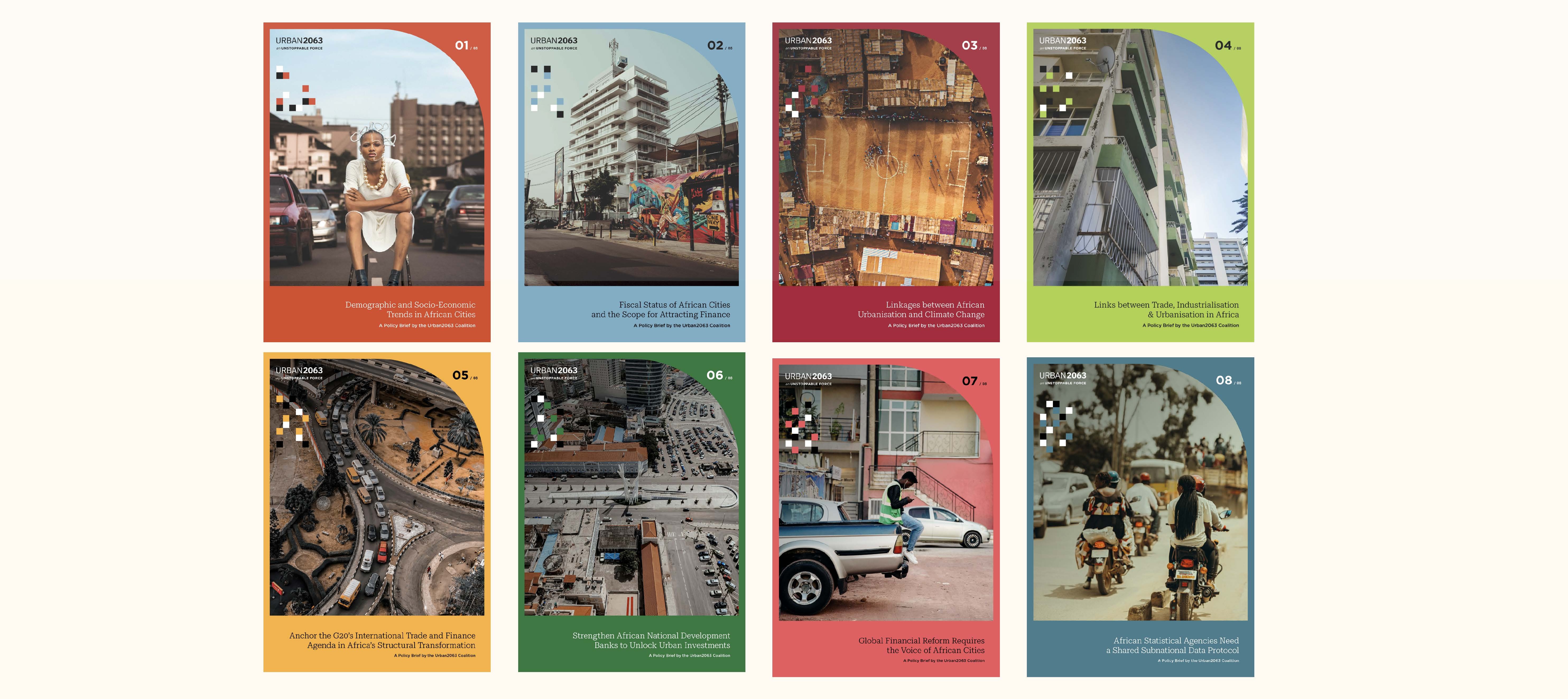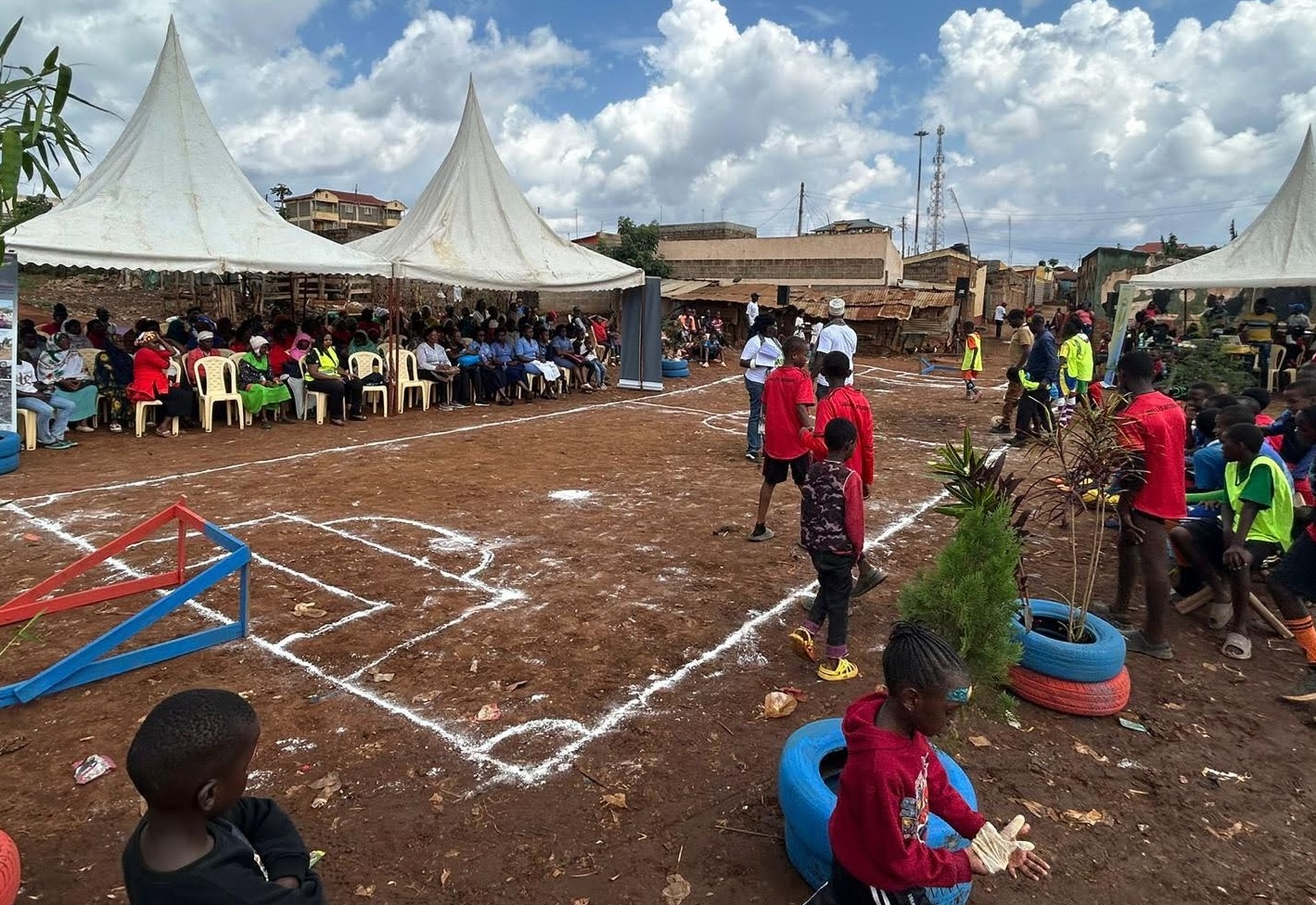Who is the Urban2063 coalition?
The Urban2063 Coalition is a collaborative effort comprised of leading instititutions committed to shaping a sustainable urban future for Africa. Infrahub.africa partners are leading the charge within this consortium (see a full list of partners and their websites at the end of this article).
A strategic focus for 2025: The G20 and Urban 20
The year 2025 marks a pivitol moment for the Urban2063 Coalition as it directs its advocacy efforts toward the high-level deliberations of the G20 in November, with a specific emphasis on the Urban 20 (U20) outcomes.
By engaging with these global platforms, the Urban2063 Coalition aims to ensure that African urban priorities - ranging from climate resilience to equitable economic growth - are central to international policy discussions and financial frameworks.
New resources for an evidence-based debate
To foster robust, evidence-based debate across the continent and with global partners, the coalition released a comprehensive suite of well-researched and up to date resources. These materials offer diagnostic insights and propositional agendas designed to inform policymakers, researchers, and urban practitioners.
- VISIT: Urban2063 website
- WATCH: Urban 2063 Webinar Series "An Unstoppable Force"
- READ: A Special Report "An Unstoppable Force"
- BROWSE: 8 Policy briefs

Urban2063 Coalition Partners:
African Climate and Development Initiative,
Association of African Planning Schools,
Cambridge Institute for Sustainability Leadership (Africa chapter),
Centre for Sustainable Transitions – Stellenbosch University*,
Club of Rome (Africa Section),
Urban Futures Studio – Utrecht University*,
Women in Employment Globalizing and Organizing (WIEGO),
World Resource Institute (WRI),
Overseas Development Institute (ODI) &











